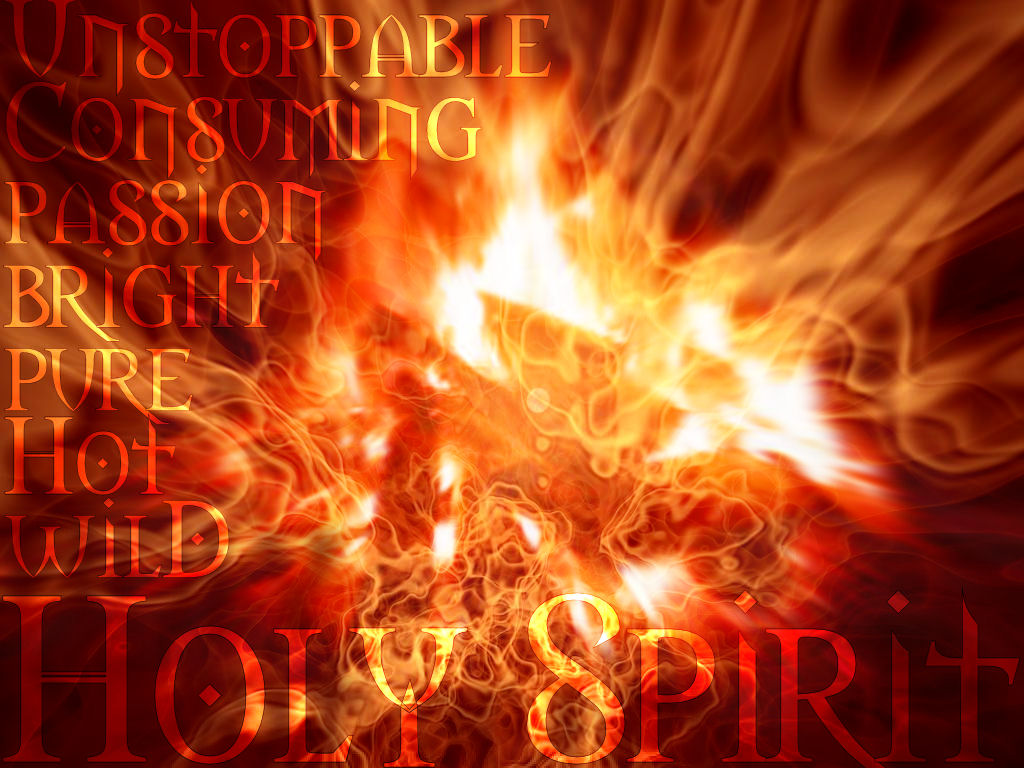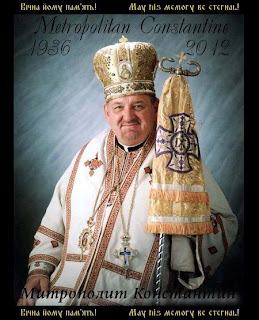 |
| Jesus washing the feet painting – Calvin Carter |
Yesterday, I wrote an essay about Pastoral Leadership. At the end of the essay I suggested that Great Leaders are those who are servants. I would like to pick up that theme today.
I have mentioned before that I spent 12 years in the US Army. During that time I had the privilege of serving under some wonderful leaders. I also had the, shall I say, honor of serving under some not so great leaders. There are many things that will distinguish a great leader from a bad one but the one that sticks out in my mind the most was great leaders were true servants of those they led. By that I mean they truly cared for their troops. They were concerned that they had enough chow, that they were all okay, and that they all knew what the mission was. I never saw a great leader first in the chow line.
I make it a practice in my pastoral ministry to never put myself before my parishioners. I try to live as simple of a life as I can and to be available to them when and if they need me. After I bless the food at coffee hour or any other function I do not go through line first, rather I take my place at the end of the line. Although they want me to go first, I choose not to. I do not make a big deal out of this I just do it. Funny thing is now they have come to expect it. Leaders need to care for those they lead.
Much of our servant ministry comes from the image of the shepherd. The shepherd will do anything, including laying down his life, for the sheep he has in his care. The shepherd would not think of eating his meal before he had feed his sheep and seen to their needs.
In the 15th Chapter of the Gospel of St. John Jesus asks Peter, “Simon, son of Jonah, do you love me more than these?” Peter responds, “Yes, Lord: You know that I love you.” We miss the subtle word play here in English but in Greek it is very obvious.
When Jesus asks Peter, “do you love me?” Jesus is using the word agape. Agape is the highest form of sacrificial and self-emptying love. This is the kind of love that God has for humanity. Peter’s responds, “yes Lord, You know that I love You” and again we miss the subtlety in English. Peter uses philo, a lesser form of love like that of love between brothers. Jesus is asking Peter if he is willing to sacrifice everything, including his life, for those that Jesus is about to place in his care.
Earlier in the same Gospel, John 3:30, John states that, “He must increase, but I must decrease.” This is the humility that all of us in pastoral ministry have to have. I have to constantly remind myself that it is not about me! Anyone who knows me knows how hard that is for me to do sometimes. If we want to minster affectively we have to get out of the way and let God minster. We have just the vessel that God uses; we must decrease in order for Him to increase.
Pastoral ministers need to develop the agape love for those they are leading. We need to be willing to do anything for them, including the sacrificing of our lives in both a literal and figurative way. Most of us will not be called upon to give up or lives by martyrdom for those we care for, but we are called to a different type of martyrdom. Just like when a man marries a women they cease to exist as individuals and live now for one another, so it is with pastoral ministry. This is why the same hymns are used in the ordination ceremony as they are in the marriage ceremony.
In a very real sense the priest is married to his congregation much like the man and woman are married to each other. The priest no longer lives entirely for himself but has to live for his community. During the ordination service, the newly ordained priest is given the lamb, the consecrated bread that will be used to commune the faithful, he is given the lamb and told to guard it. We are being asked to guard the lambs that God has given us to care for. Guard them with our lives. This is the agape love that Jesus was asking Peter about. This is the agape love in action. What and awesome responsibility.
In the Romanian tradition a priest is ordained for a particular altar. This does not mean we cannot move from one church to another, but the idea is that we are ordained for that particular community, it becomes our spouse. We will grow together. We will laugh together and we will cry together and the hope is that the agapelove will develop between the priest and the community but there has to be willingness for that to develop.
Agape love develops over time. Pastoral ministers need to allow that love to develop. We must be willing to decrease so He can increase in love. Our will has to become the servant of God’s will.
To be a great leader we must become the servant to those we lead. Are we willing to humble ourselves so we can become great leaders? The church needs great leaders, are you ready?





